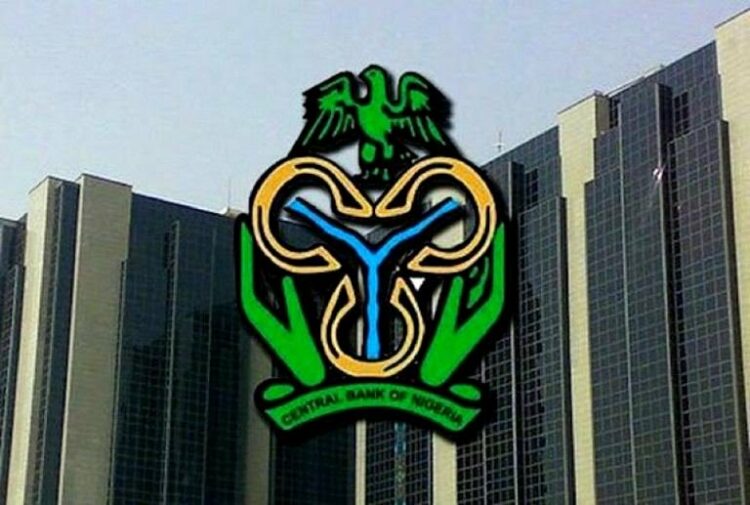Latest data from the Central Bank of Nigeria (CBN) shows that Nigeria’s money supply (M3) increased to N108.95 trillion in September 2024, compared to N66.94 trillion in the same month last year.
This indicates a growth of 62.8 per cent year-on-year (YoY) in September 2024.
The increase in money supply is in spite the Monetary Policy Committee’s (MPC) tightening stance aimed at curbing excess liquidity to control inflation.
On a month-over-month (MoM) basis, the money supply rose by 1.6 per cent from N107.19 trillion in August 2024.
The growth also reflects the resilience of the economy amid efforts by the CBN to stabilise inflation and strengthen the naira.
Money supply encompasses both net foreign assets and net domestic assets, painting a holistic picture of the nation’s monetary dynamics.
It is also M1 (monies that are very liquid such as cash, checkable (demand) deposits, and traveler’s checks) plus CBN bills, while M2 represents currency outside banks plus demand deposits and quasi-money (investments).
Meanwhile, net foreign assets (NFA) recorded a 97.9% YoY increase, climbing from N12.54 trillion in September 2023 to N24.82 trillion a year later.
However, the NFA declined by 2.7 per cent MoM.
The rise in money supply typically indicates increased liquidity in the financial system, which can stimulate economic growth as with more money circulating in the economy, businesses may find it easier to access credit for expansion and investment.









